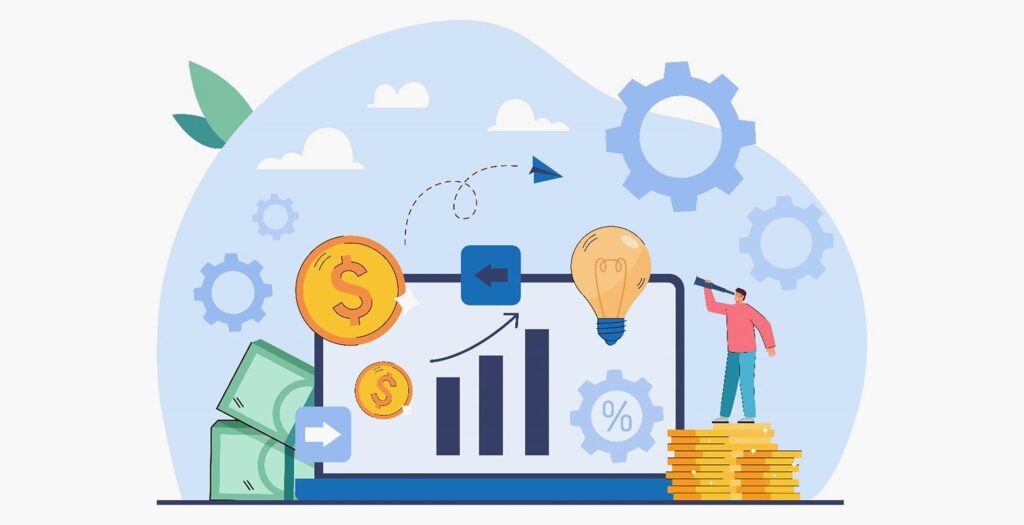
The Economics of Open Access: A Sustainable Path to Universal Knowledge
The Economics of Open Access: A Sustainable Path to Universal Knowledge https://opusproject.eu/wp-content/uploads/2023/10/a-career-in-economics-02-03-2023-1-1024x525.jpg 1024 525 Open and Universal Science (OPUS) Project Open and Universal Science (OPUS) Project https://opusproject.eu/wp-content/uploads/2023/10/a-career-in-economics-02-03-2023-1-1024x525.jpgHave you ever considered how academic research becomes available for others to read and learn from? Traditionally, much of this knowledge was locked behind paywalls, accessible only to those who could afford it. But there’s a new and more inclusive way of publishing known as Open Access. In this article, we’ll delve into the economics of Open Access and how it’s transforming the distribution of research, making it accessible to a broader audience.
Understanding Open Access
Open Access is like a library where the books are free for everyone. It means that research papers, articles, and academic books are available online without any cost. This is a departure from the traditional publishing model, where readers had to pay to access or download articles.
The Traditional Model
In the past, researchers would write their papers and submit them to publishers. These publishers would then package these papers into prestigious journals and sell access to universities and libraries. These institutions had to allocate substantial budgets for accessing these journals, rendering them beyond the reach of the average person. This setup created a divide in terms of who could access important research.
The Open Access Model
Open Access reverses this model. Instead of charging readers, it charges the authors or their institutions to cover the costs of editing, peer review, and publication. Once published, the research becomes freely accessible to anyone with an internet connection. This breakthrough ensures that research is within reach of students, scientists, and anyone curious, regardless of their financial means.
Sustainability in Open Access
For Open Access to function effectively, it must be sustainable. This means it should have sufficient resources to keep operating. Some Open Access publishers receive funding from universities and research funders to support their operations. Others charge authors a fee when they wish to publish their work, which contributes to the sustainability of the Open Access model.
Challenges and Opportunities
While Open Access is a remarkable step forward, it faces challenges. Not all authors or institutions can cover the publication fees, creating financial barriers. There are also concerns about the quality of some Open Access journals, which underscores the importance of ensuring high standards in the articles published.
The Economic Foundations of Inclusive Knowledge Sharing
Open Access is revolutionizing the way knowledge is shared and accessed. It aims to democratize knowledge, making it available to everyone, regardless of their location or financial situation. The economics of Open Access might have different models, but the end goal is consistent: a sustainable way to share research that benefits everyone. By making research freely available, Open Access is helping build a more enlightened and informed world, one article at a time.
Photo via Alliance University
- Posted In:
- Open Science News




